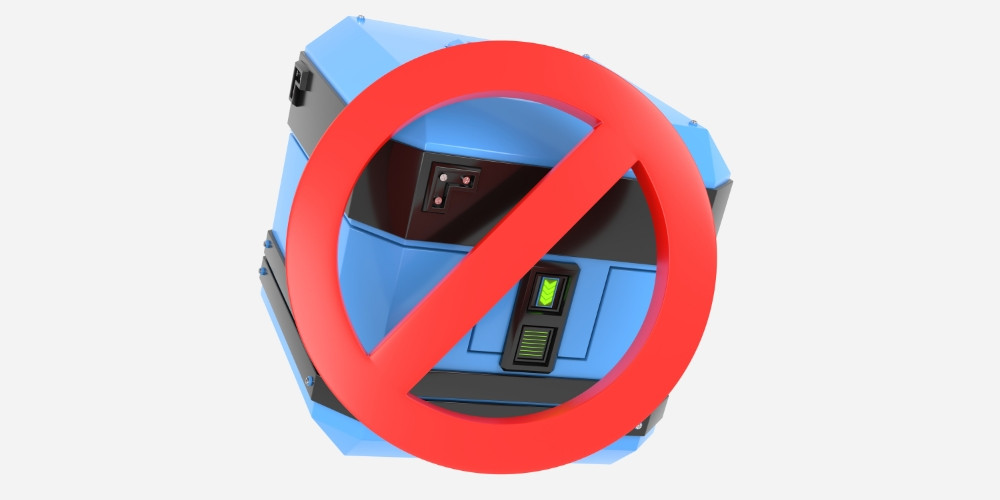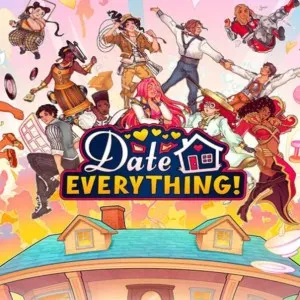The Moral Debate Surrounding Loot Boxes and Microtransactions in Video Games
- Grace Lee

Integrating loot boxes and microtransactions into video games has become a prevalent trend, raising significant ethical and legal questions. This practice has not only transformed the economic model of gaming but has also impacted player experience and industry standards. Through an extensive examination, we delve into the multifaceted nature of these mechanisms, their implications for consumers, and the ongoing debate surrounding their regulation.
Understanding Loot Boxes and Microtransactions
Loot crates represent virtual packages in games, purchasable with actual money or attainable through gameplay, offering a random collection of enhancements or cosmetic improvements for players. Microtransactions allow players to purchase these and other in-game items directly. While these can generate significant revenue for developers, they've also sparked a debate about their place and fairness in gaming.
The Psychological Impact of Randomized Rewards
The allure of loot boxes often lies in their unpredictable nature, closely mirroring the psychology of gambling. This random reward system can lead to compulsive spending habits as players chase after rare or valuable items. Concerns arise particularly for younger players who may be more susceptible to such mechanics, prompting discussions about the moral responsibility of game developers.
Financial Model or Gambling Scheme?
One of the core arguments against loot boxes is their resemblance to gambling. Players spend real money for a chance to win items of varying value without a guaranteed outcome. Several countries have begun scrutinizing and regulating loot boxes under gambling laws, while the industry argues these practices are fundamentally different from traditional gambling.

Legislation and Regulatory Measures
As public and governmental concern grows, some regions have enacted laws addressing loot boxes and microtransactions. For example, Belgium and the Netherlands have implemented strict regulations, treating them as gambling. This movement has prompted reevaluating such practices worldwide, though responses vary significantly from country to country.
Impact on Game Design and Player Experience
The economic success of loot boxes and microtransactions has led to their widespread adoption, often shaping game design fundamentally. Critics argue that this can degrade the gaming experience, prioritizing profit over player satisfaction and creating unequal playing fields for those unwilling or unable to spend additional money.
Industry Responses and Self-Regulation
In response to growing criticism and legal challenges, some game developers and industry bodies have begun implementing self-regulatory measures. These include transparency with odds, spending limits, and age restrictions. However, the effectiveness and sincerity of these measures are often called into question by advocates for stricter external regulation.
Consumer Advocacy and Awareness
Consumer advocacy groups have pushed for transparency and fairness in the gaming industry's practices. Campaigns aimed at educating players about the potential risks and advocating for consumer rights have gained traction, emphasizing the need for informed decision-making and protection, especially for younger audiences.

Ethical Considerations for Game Developers
At the heart of the debate is a call for ethical reflection within the gaming industry. Developers face the challenge of balancing commercial interests with the well-being of their players. Ethical creation of video games entails evaluating the effects of revenue generation tactics on the gamer community, while guaranteeing that players are regarded equitably and respectfully.
Looking Ahead: The Future of In-Game Purchases
The controversy surrounding loot boxes and microtransactions is unlikely to dissipate anytime soon. As legal frameworks evolve and consumer awareness grows, the gaming industry may need to find new, innovative ways to monetize content that addresses ethical concerns and provides value without compromising the integrity of the gaming experience.
In conclusion, the conversation about loot boxes and microtransactions is complex, involving ethical dilemmas, legal challenges, and diverse stakeholder interests. The future of these practices may hinge on the industry's ability to self-regulate effectively and the willingness of governments to intervene when necessary, all in the interest of safeguarding the consumer experience in the ever-evolving gaming landscape.















